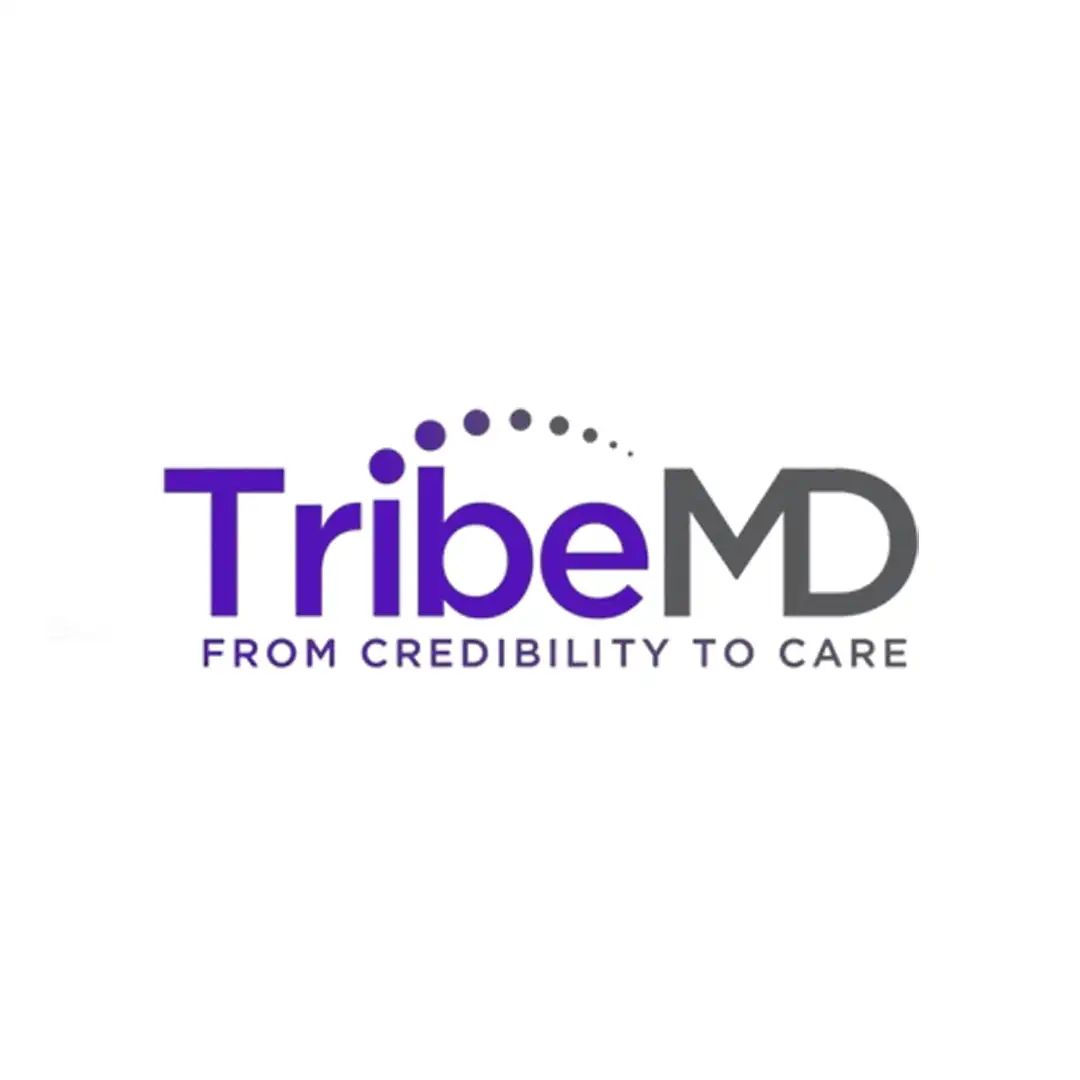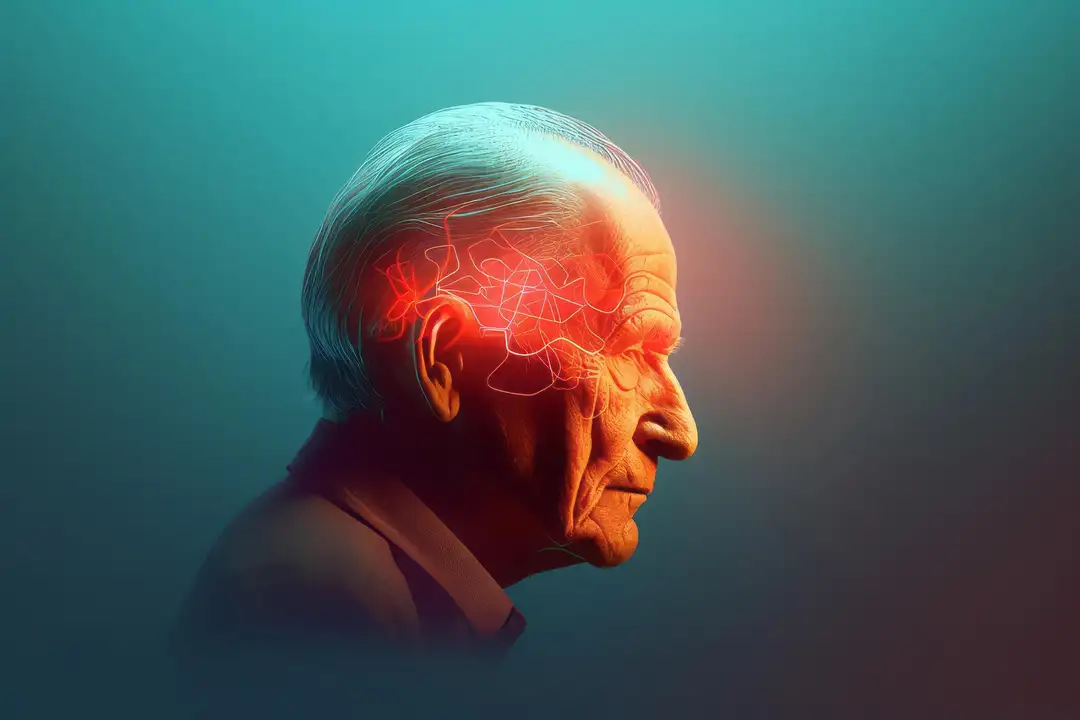
Rare endocrine disorders encompass a broad spectrum of conditions, including congenital adrenal hyperplasia, hypophosphatasia, X-linked hypophosphatemia, rare thyroid carcinomas, and hereditary syndromes such as multiple endocrine neoplasia. While individually uncommon, collectively they represent a significant clinical and societal burden, often marked by delayed diagnosis, limited therapeutic options, and complex multisystem involvement.
Recent advances in molecular genetics have deepened understanding of pathophysiology, enabling earlier and more precise diagnosis through next-generation sequencing and expanded newborn screening programs. Targeted therapies—such as enzyme replacement for hypophosphatasia, burosumab for X-linked hypophosphatemia, and tyrosine kinase inhibitors for advanced thyroid cancers—have improved disease-specific outcomes. For certain hereditary endocrine neoplasias, prophylactic surgery guided by genotype-phenotype correlations has become a preventive standard.
Despite these achievements, challenges remain in optimizing care delivery. Many patients require lifelong multidisciplinary follow-up, integrating endocrinology, genetics, orthopedics, nephrology, and oncology. Limited availability of clinical trials, high treatment costs, and disparities in access to specialized care hinder equitable outcomes. Collaborative registries and global consortia have emerged as vital platforms for real-world evidence generation, treatment optimization, and policy advocacy.
The future of rare endocrine disease management lies in precision medicine approaches, early genetic identification, and the expansion of targeted therapies combined with supportive care strategies. Investment in research and international cooperation will be essential to close current gaps in diagnosis and treatment.
Editorial note: This content was developed with the support of artificial intelligence technologies to optimize the writing and structuring of the information. All material was carefully reviewed, validated, and supplemented by human experts prior to publication, ensuring scientific accuracy and adherence to good editorial practices.
#RareDiseases #Endocrinology #PrecisionMedicine #Genetics #MedicalResearch
Sources
- Bonomi M, Choong K, Baroncelli GI, Di Iorgi N. Rare endocrine disorders: advances in diagnosis and management. Lancet Diabetes Endocrinol. 2025;13(1):58-72. doi:10.1016/S2213-8587(24)00233-1.




